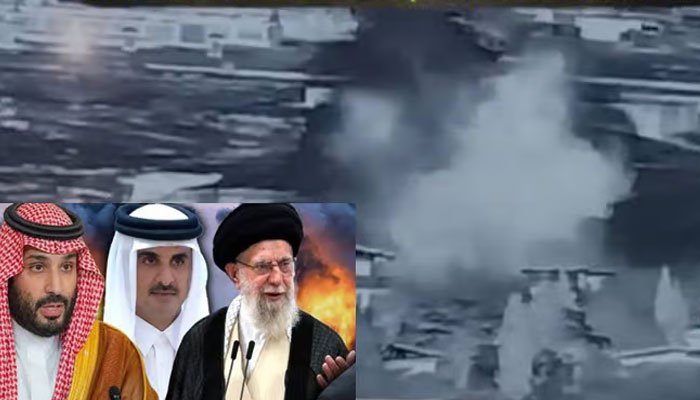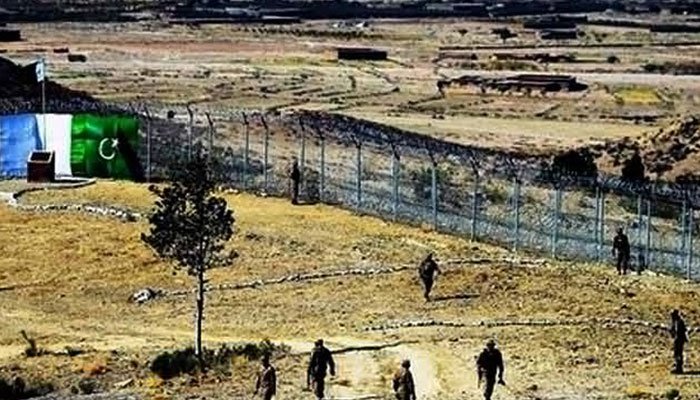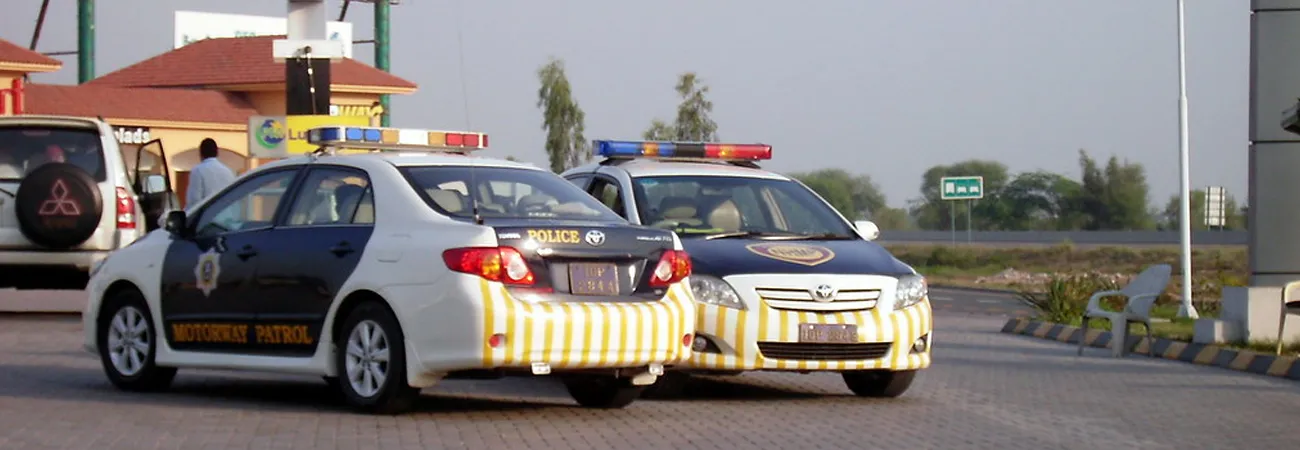The federal government has expressed full support for the military’s actions.
Pak Army Seizes 19 Afghan Border Posts. In a significant development, Pakistani forces have taken control of 19 Afghan border posts after repelling a wave of unprovoked attacks from across the frontier. Security sources confirmed the operation began late at night following heavy firing from Afghan positions targeting Pakistani areas in Angoor Adda, Bajaur, Kurram, Dir, Chitral, and Baram Chah.
جارحیت/ اپڈیٹ*
— Muneeb Farooq (@muneebfaruqpak) October 12, 2025
*پاکستان فوج کی طرف سے افغان فورسز کے خلاف منہ توڑ جواب بھرپور طریقے سے جاری*
جاری ویڈیو میں قبضہ کی جانے والی افغان پوسٹ کے اندرونی
مناظر منظر عام پر
ویڈیو میں افغان طالبان کے پوسٹ پر پڑے ہوئے افغانی یونیفارم اور چھوڑے گئے ہتھیار دیکھے جا سکتے ہیں، ذرائع pic.twitter.com/7TNk1vDqDq
The Pakistan Army responded swiftly and decisively, neutralizing key positions that had been used as launch pads for cross-border aggression. Many of the Afghan posts were abandoned as their personnel fled under intense pressure. Videos and eyewitness accounts show burned-out structures, destroyed checkpoints, and in some areas, Pakistani flags raised over captured positions.
Earlier, the DG ISPR said India was using Afghan soil as a base of operations against Pakistan, with evidence of Indian proxies conducting terror attacks from Afghan territory.
He said that in 2024, more than 14,535 intelligence-based operations (IBOs) were conducted in KP, while 10,115 had already been carried out in 2025, averaging around 40 operations per day.
Strategic & Symbolic Victory
According to military officials, these posts were crucial for militants using Afghan territory to infiltrate and target Pakistani forces and civilians. By capturing these outposts, Pakistan has strengthened its tactical depth along the border while delivering a strong message: aggression will not go unanswered.
Officials have described the operation as defensive, not escalatory. They insist the action was deliberate and necessary to protect national sovereignty.
Analysts say holding these new positions will present challenges. The terrain is rugged, supply lines are long, and the threat of counterattacks remains. Border forces will need constant support and surveillance to maintain control.
Government Support & Public Response
The federal government has expressed full support for the military’s actions. Prime Minister Shehbaz Sharif lauded the professional conduct of the armed forces. He noted that under firm leadership, Pakistan gave a fitting response and neutralized multiple hostile positions.
Interior Minister Mohsin Naqvi condemned the initial Afghan attacks, calling them violations of international law. He assured the nation that Pakistan’s forces remain alert and ready to respond to any future provocations. “Afghanistan will be dealt with just like India if it tries to challenge Pakistan’s sovereignty,” he warned.
Public reaction, especially in areas near the border, has been largely supportive. Residents who have endured repeated cross-border attacks praised the operation, calling it long overdue. On social media, many referred to it as one of the boldest responses in recent years.
International Concerns & Diplomatic Pressure
The border clashes have drawn responses from regional powers. Countries like Saudi Arabia, Iran, and Qatar have called for restraint and dialogue. Saudi Arabia expressed serious concern over the violence and urged both sides to exercise caution. Qatar echoed similar sentiments, encouraging both nations to open communication channels and reduce tensions.

While Pakistan remains open to diplomacy, officials insist that talks can only happen after the aggression stops. The Foreign Office has reiterated Pakistan’s right to defend its borders and population.
The broader geopolitical context also matters. Pakistani officials continue to warn that foreign elements within Afghanistan are supporting anti-Pakistan activities. The recent military actions are seen as a response not just to attacks, but to broader destabilizing efforts believed to be backed by external powers.
What Lies Ahead
The situation remains fragile. Any misstep or provocation from Kabul could reignite full-scale conflict. On the other hand, sustained calm may open a window for de-escalation and diplomacy.
Pakistan now faces the task of securing the reclaimed posts, maintaining supply routes, and preparing for any retaliatory action. These forward positions could become long-term defensive buffers if managed well.
At present, the military action has reinforced Pakistan’s defensive posture and demonstrated its resolve. Whether this leads to greater stability or more confrontation will depend on how both countries—and regional actors—respond in the coming days.
Final Assessment
This military response marks a turning point in Pakistan’s border policy with Afghanistan. It signals a shift from reactive defense to proactive border control. With strong backing from political leadership and public support, the operation has sent a clear message.
However, lasting peace will depend on more than firepower. It will require diplomacy, border management, and a serious commitment from Afghanistan to prevent its territory from being used against Pakistan.





